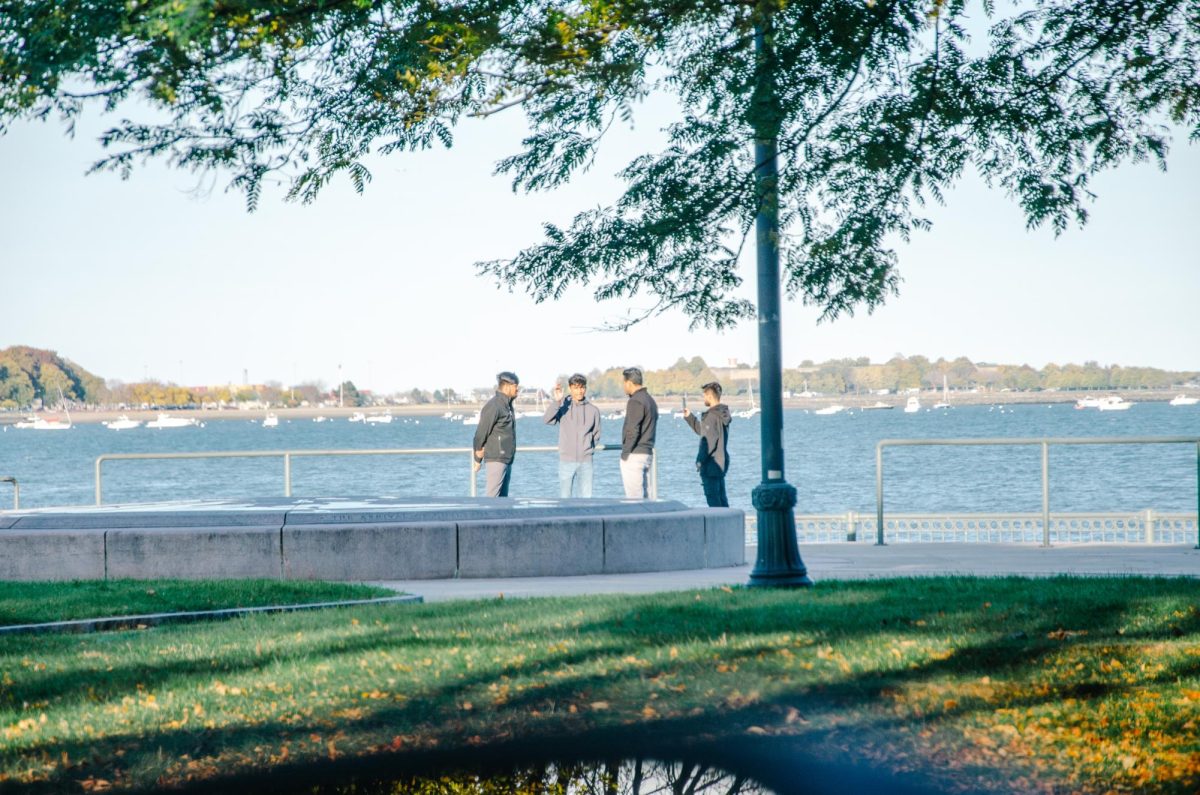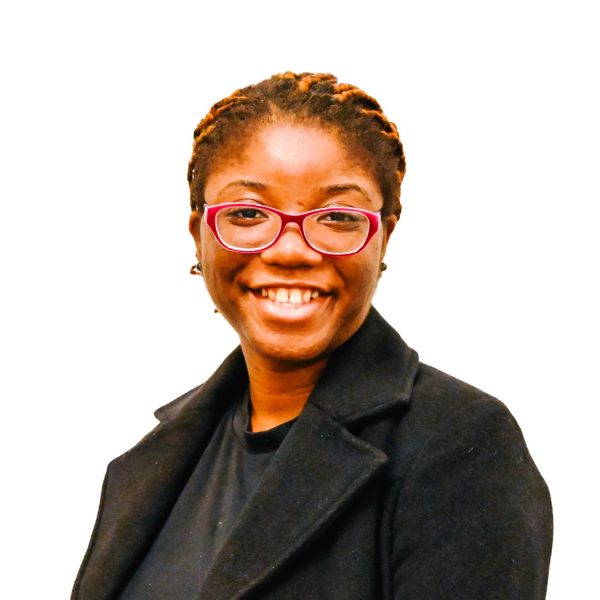Think for a moment: what valuable lessons have you learned that no classroom ever taught?
Classes offer a structured environment for acquiring a formal education. We listen to lectures, complete assignments, take exams and receive certificates as proof of our academic accomplishments. Traditional schooling forms the backbone of our learning, but some of the most transformative insights come from unexpected sources — through experiences like managing personal challenges, taking on responsibilities and navigating daily life. This unstructured, unpredictable learning may be more valuable than we realize.
Informal learning experiences inevitably shape our formal learning. According to Thinkific, a platform that helps create and deliver online courses, informal education contrasts with its formal counterpart in several ways. It’s often spontaneous, and lacks the defined structure of a curriculum.
A recent conversation with a fellow student at UMass Boston revealed just how interconnected these two forms of education can be. We came to realize — and research supports this — that formal and informal learning experiences are not isolated. Formal education provides us a strong foundation for asking questions and a framework for approaching them — but it’s often the informal lessons that help us interpret and apply this knowledge in real-world contexts.
In high school and early college, informal education was essential to my academic success. I once took an accounting class with no prior experience, and at first, concepts like debits and credits were confusing. Then, through conversations with traders at public markets, things began to click, and the concepts I was learning did not seem so abstract anymore.
Informal education can be a game-changer for employability, too. Research backs this up — the European Commission’s 2012 Council Recommendation, for example, validates that skills gained through informal learning can significantly boost employability, motivate people for lifelong learning, and benefit those facing economic challenges. The skills we gain from both structured classes and life’s spontaneous lessons can directly shape our economic future.
But what kinds of skills are we talking about? Some may surprise you. During a chat with Queen, a UMass Boston IT student, he shared how his aunt once explained chemistry to him using simple metaphors and everyday activities instead of textbooks or formulas. He said, “Those explanations were easier to remember and relate to.” Suddenly, complex science made more sense.
He also highlighted Ayo, a traditional game of the Yoruba, an ethnic group in Nigeria, that’s been around for centuries. This game doesn’t just entertain; it necessitates math and critical thinking, much like a classroom, but in a much livelier setting. Queen also recalled how simply watching his mother, a teacher, turn his home into an extra classroom gave him unexpected lessons every day.
Formal education undoubtedly plays a significant role in individual outcomes over time. However, the place of informal educational experiences should not be underestimated. They shape our life perspectives and equip us with critical thinking and emotional intelligence. Through the informal education process, we are able to apply some of the information gained through formal education to our daily lives.
This article appeared in print on Page 12 of Vol. LVIII Issue VI, published Nov. 4, 2024.


